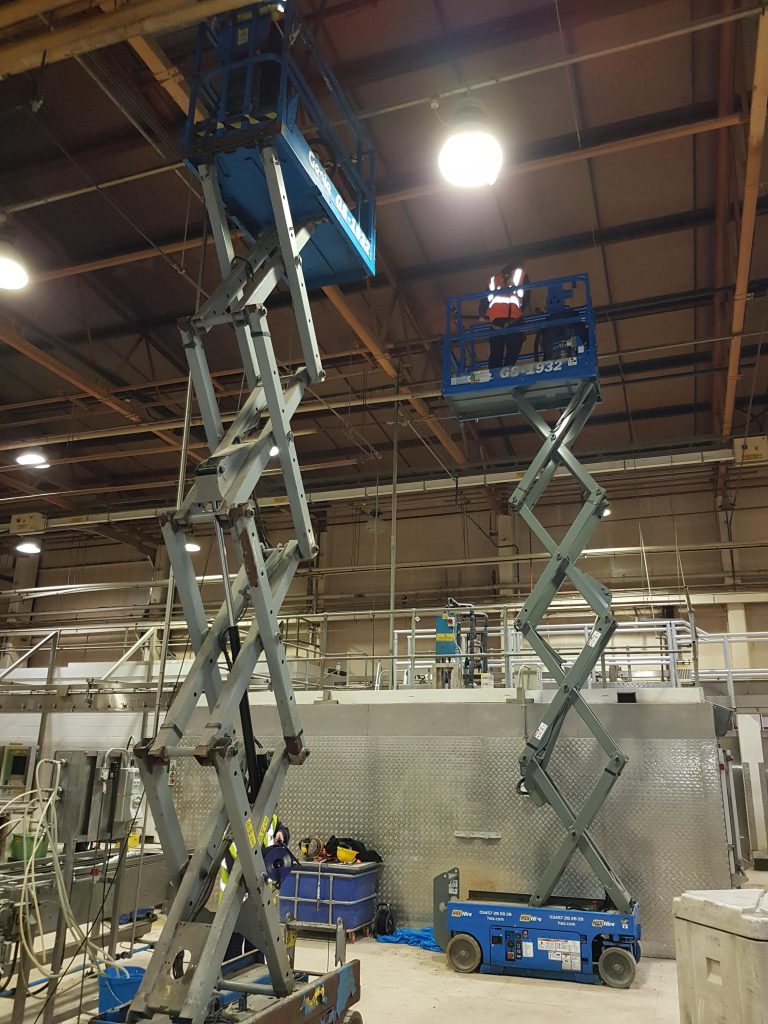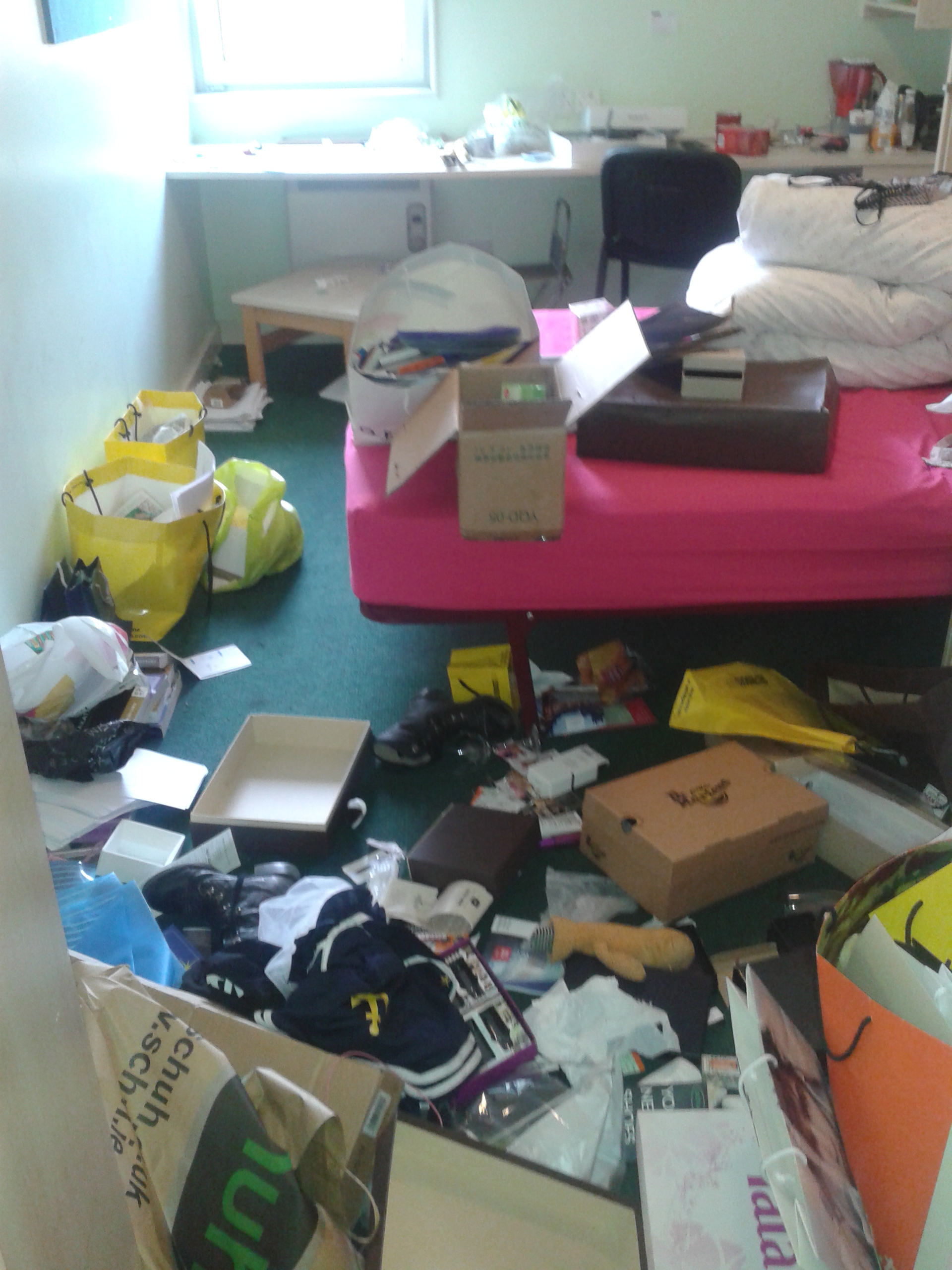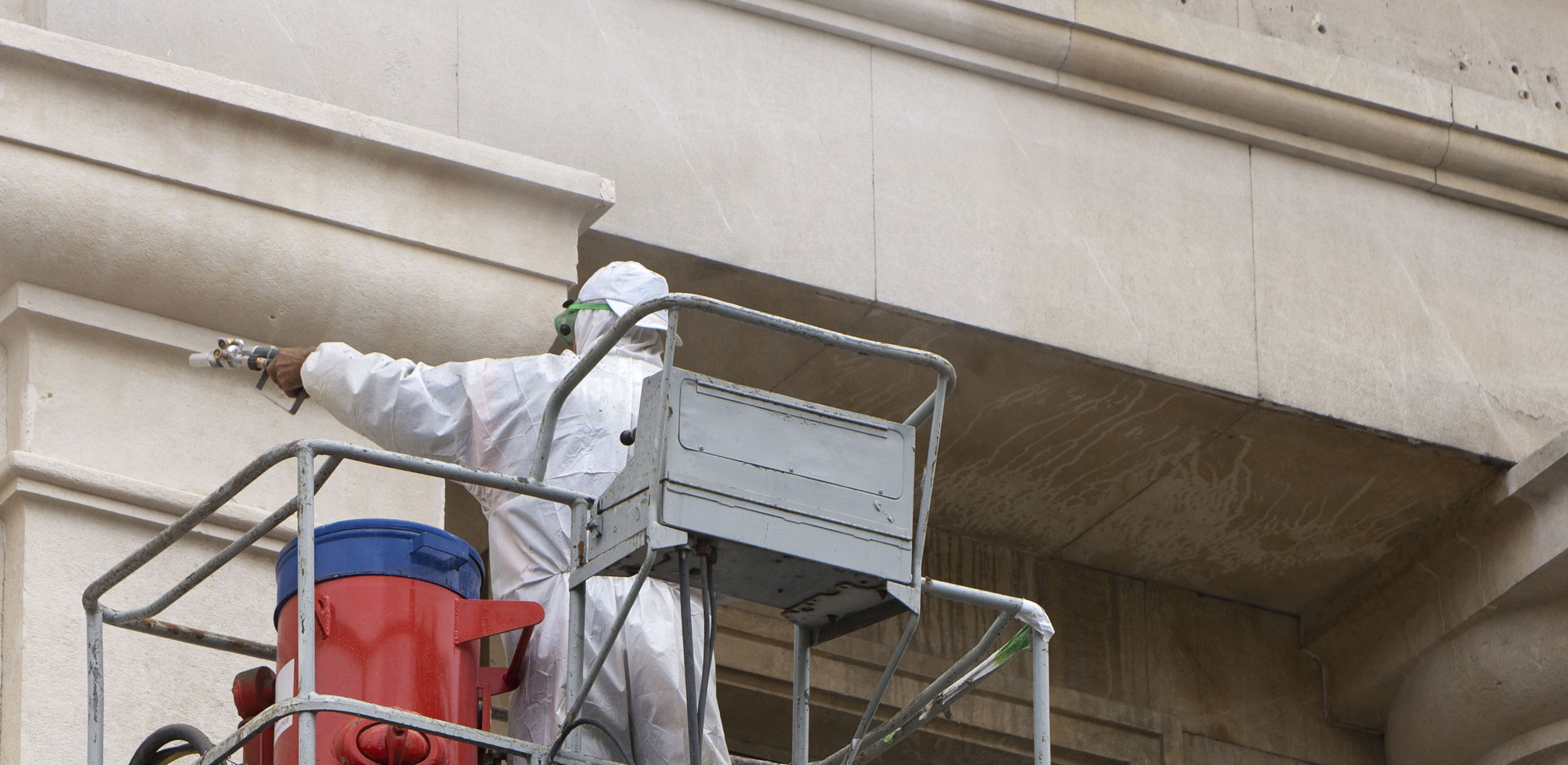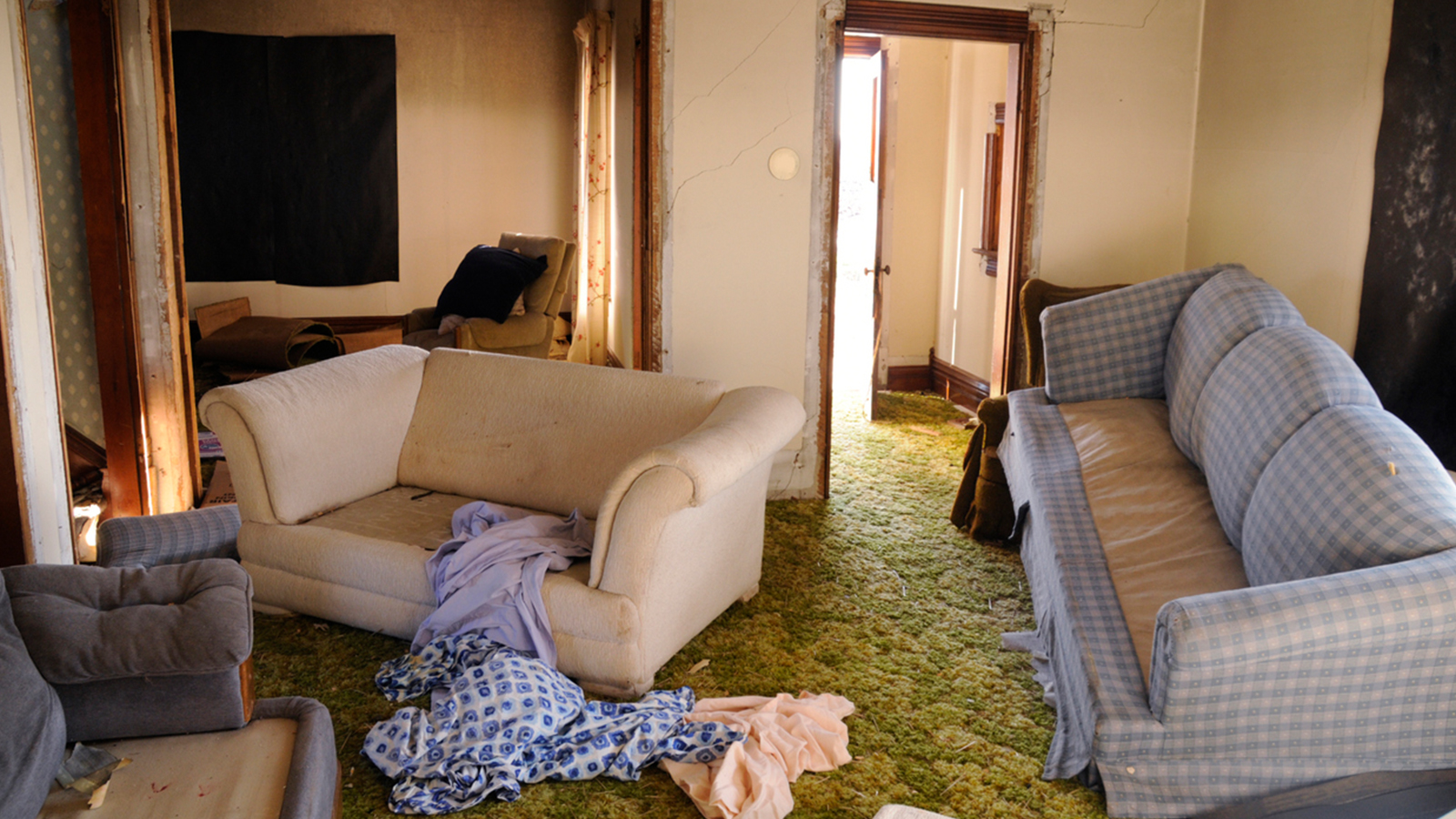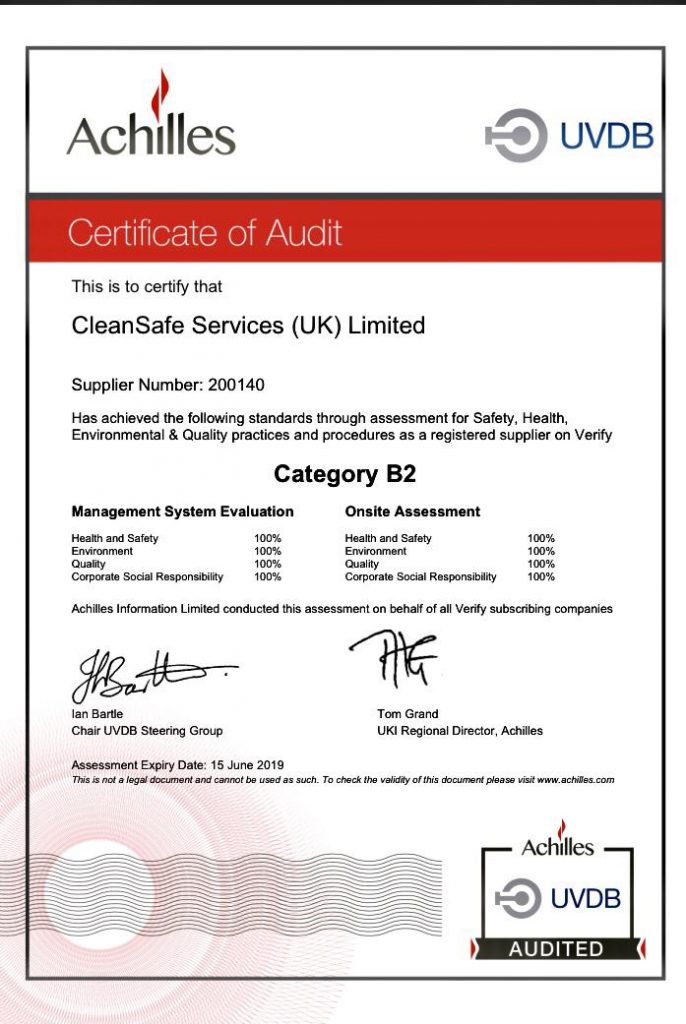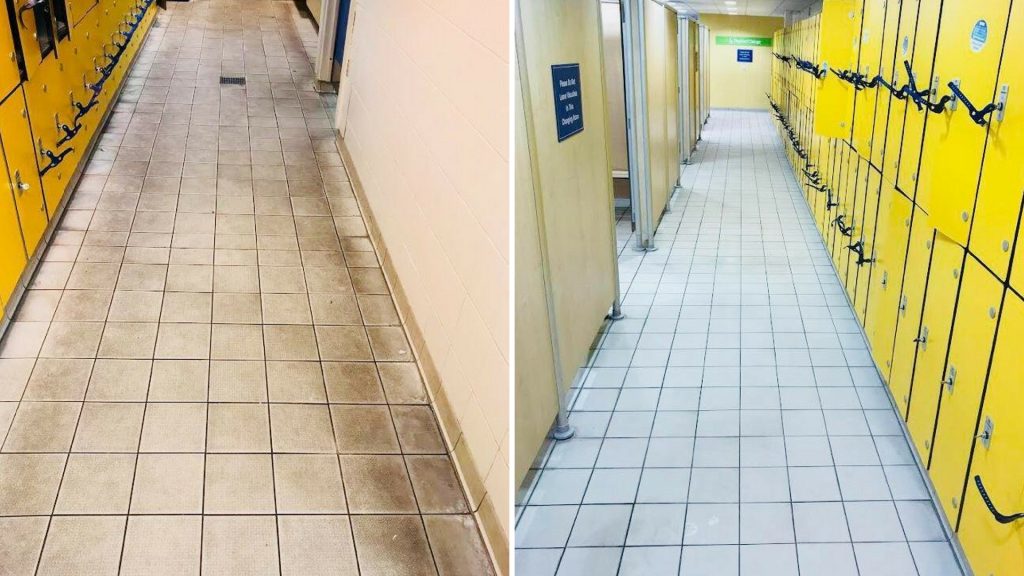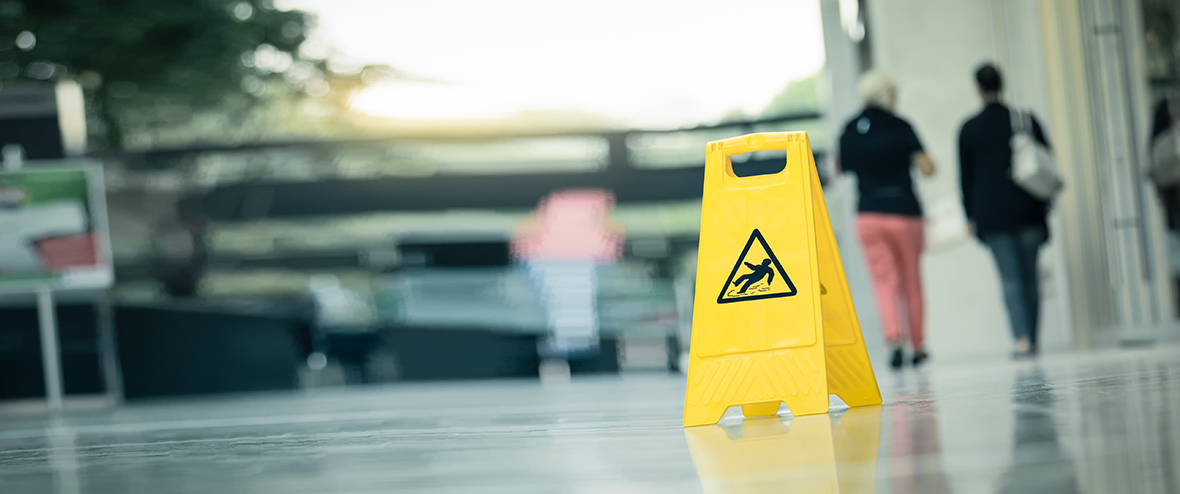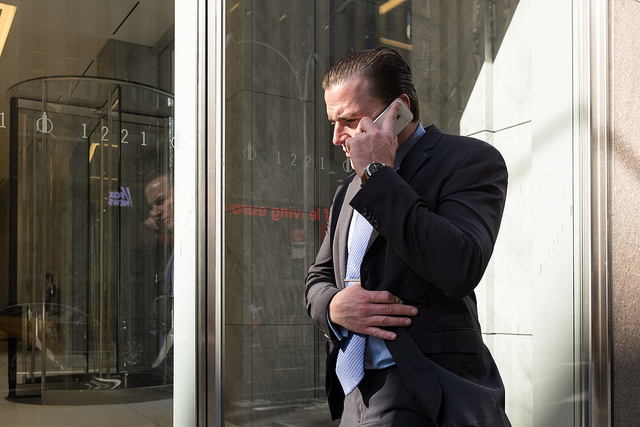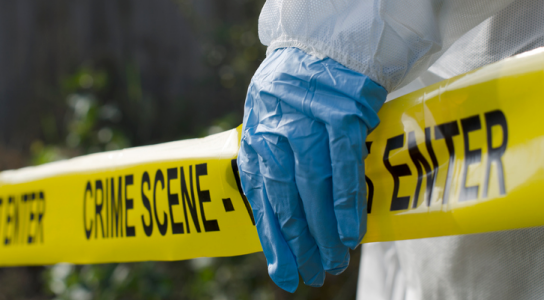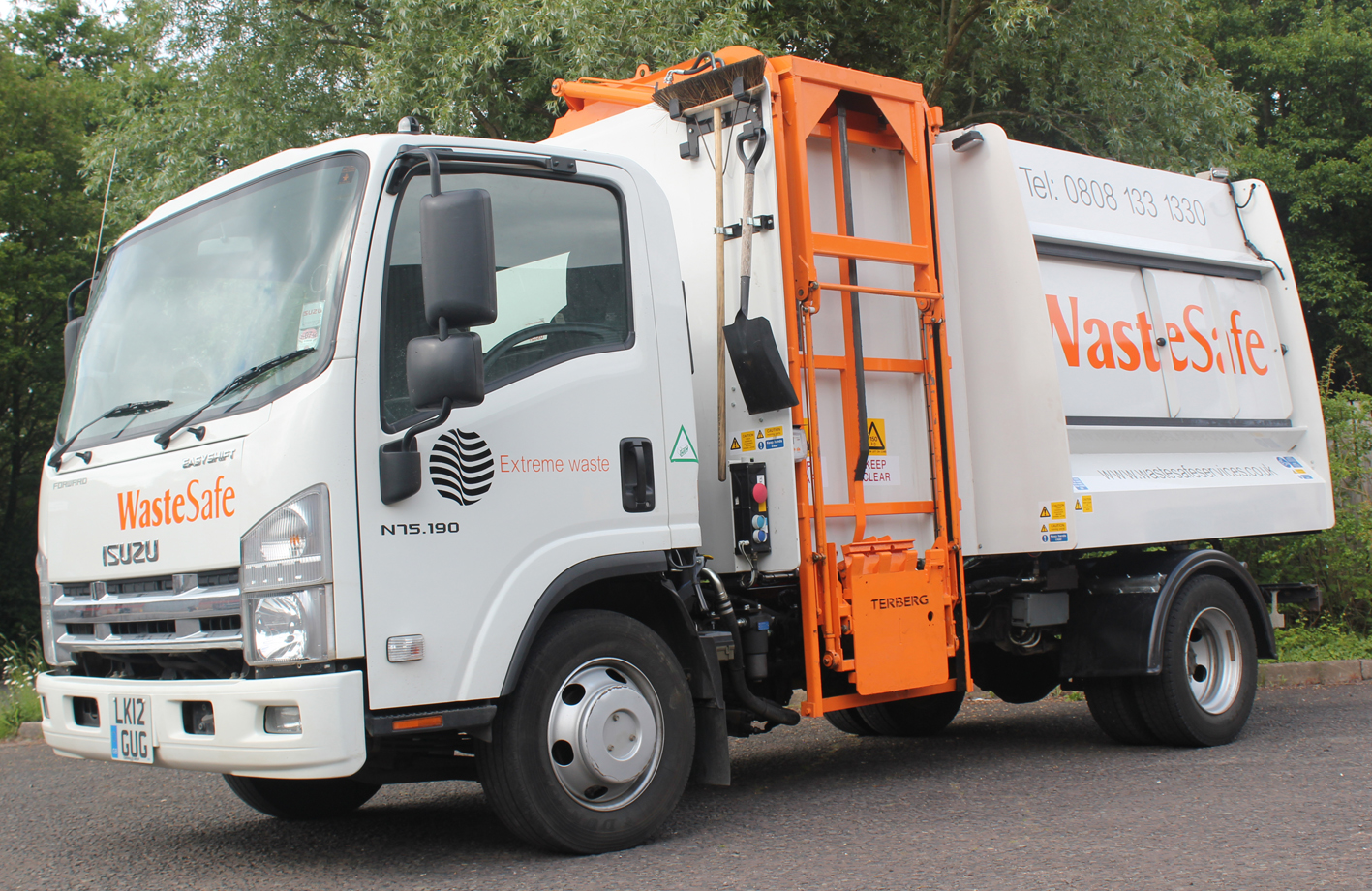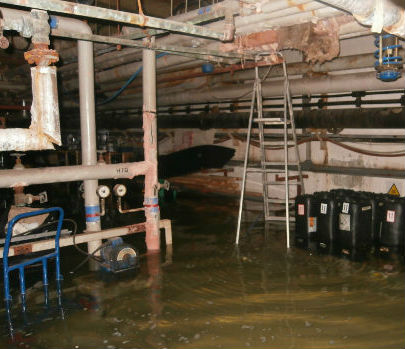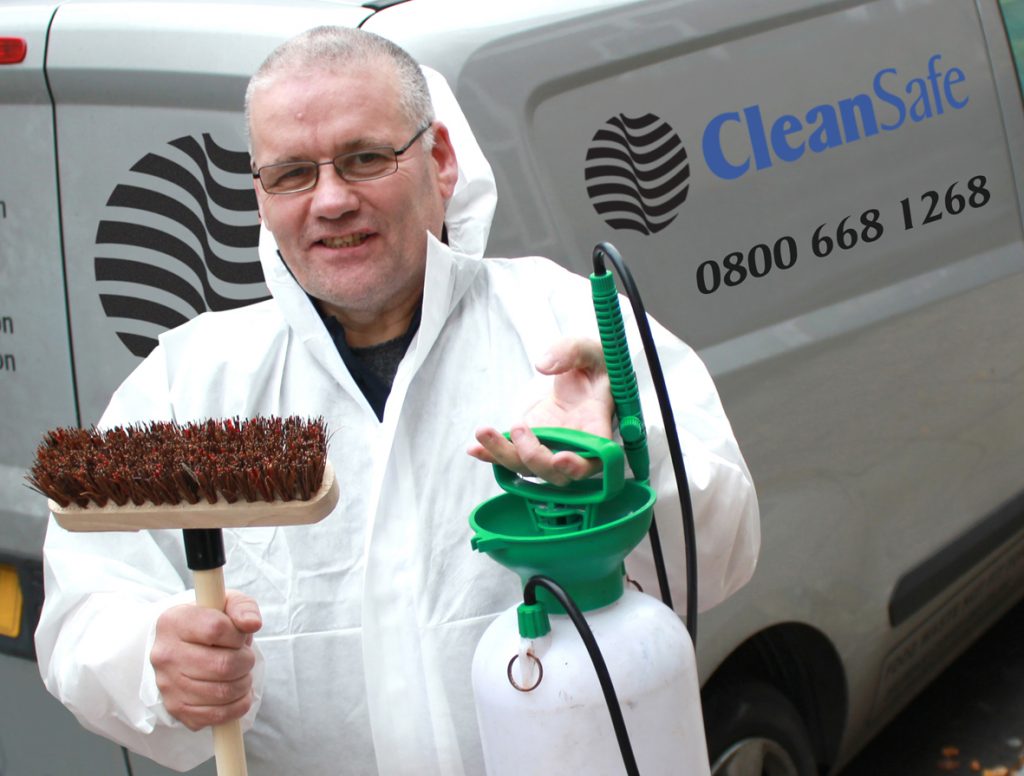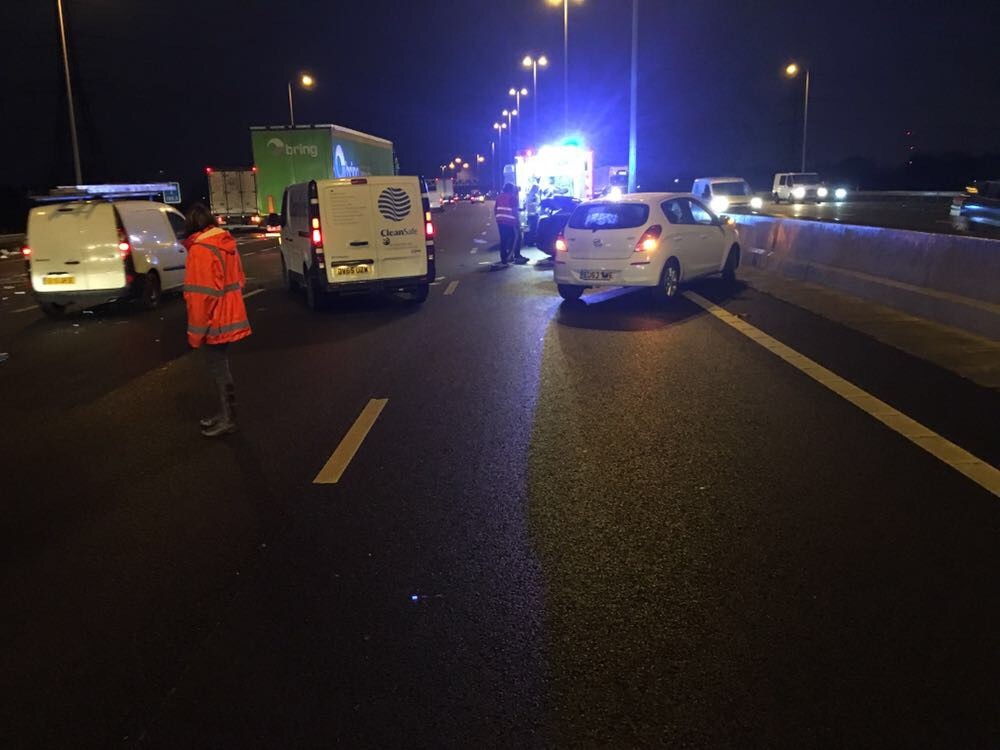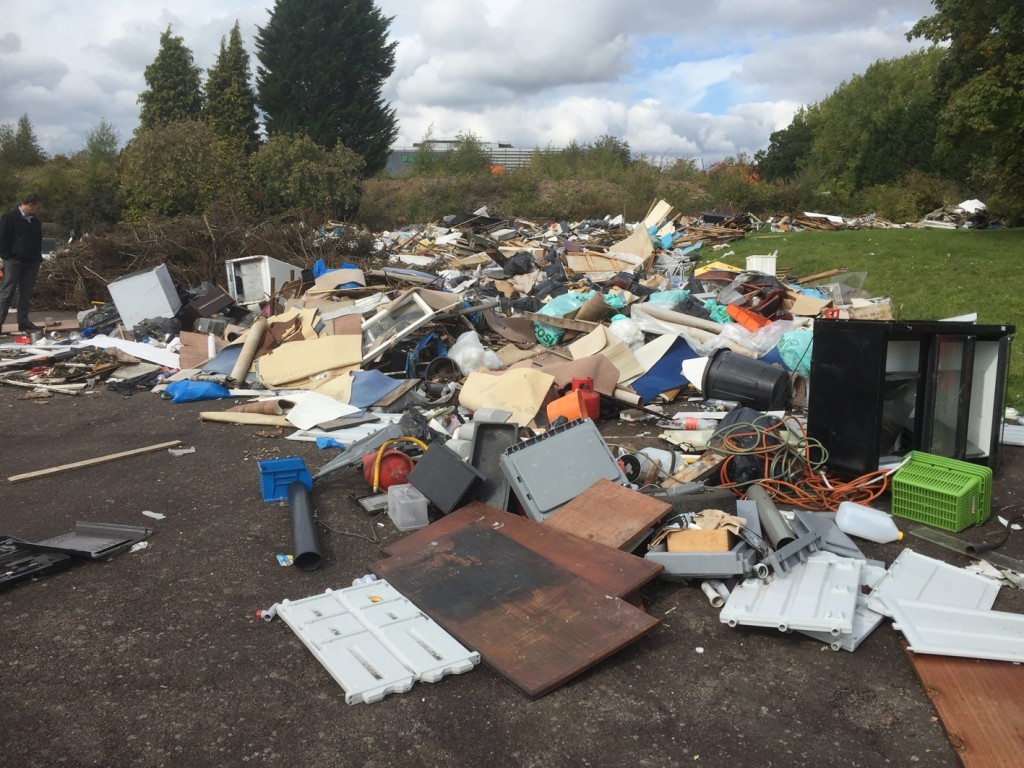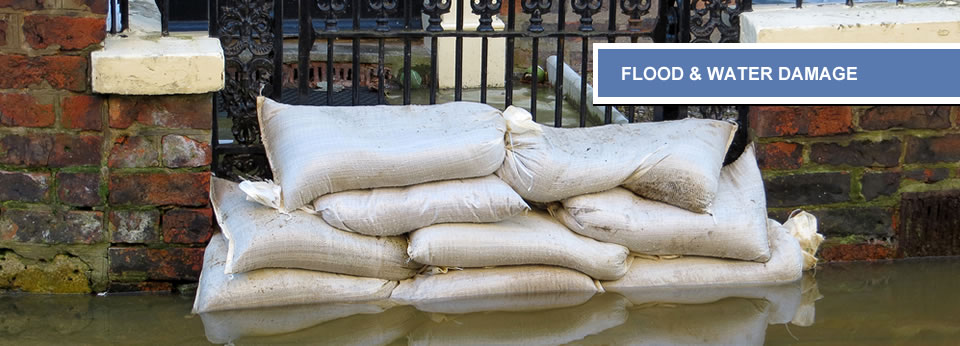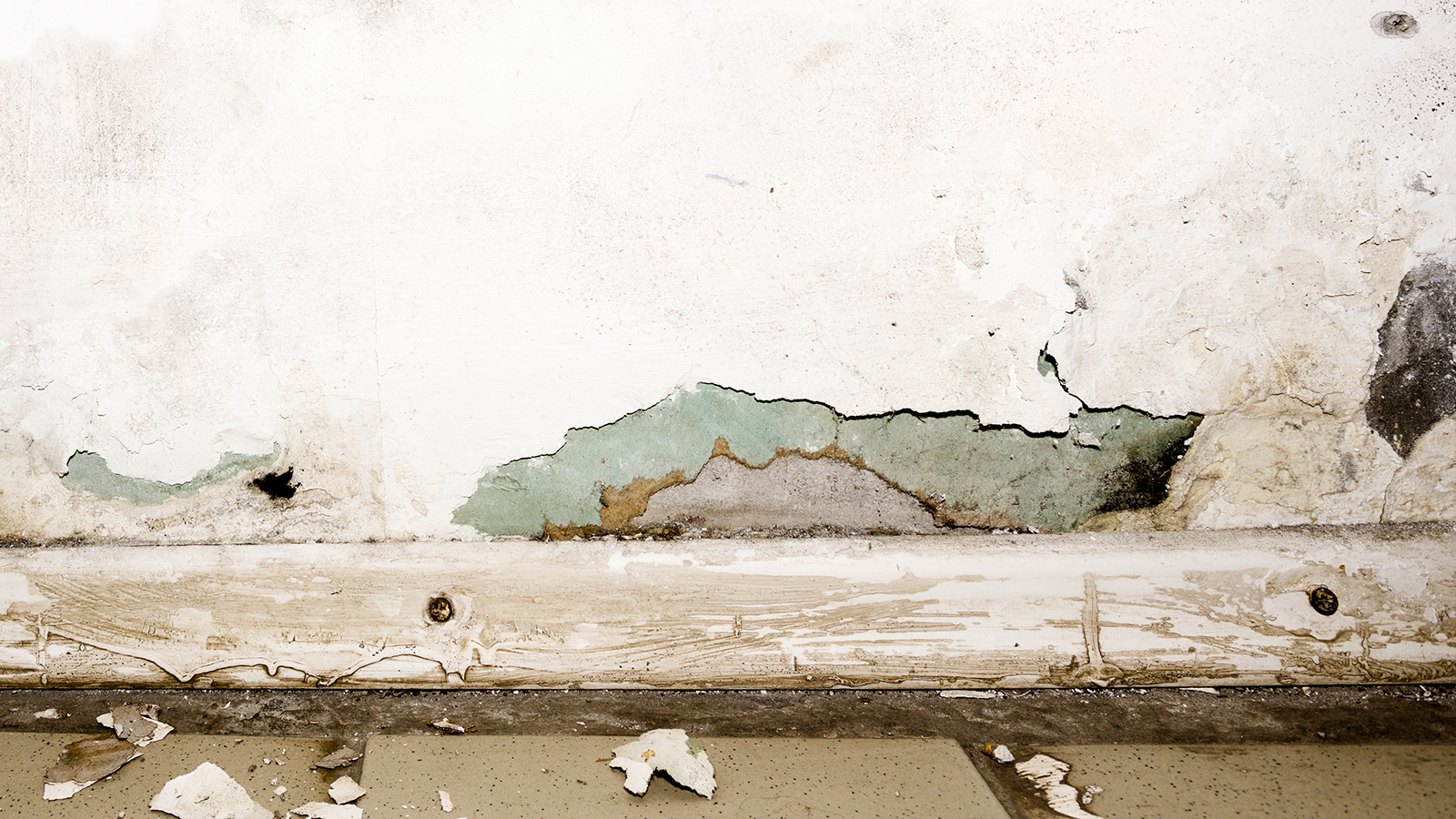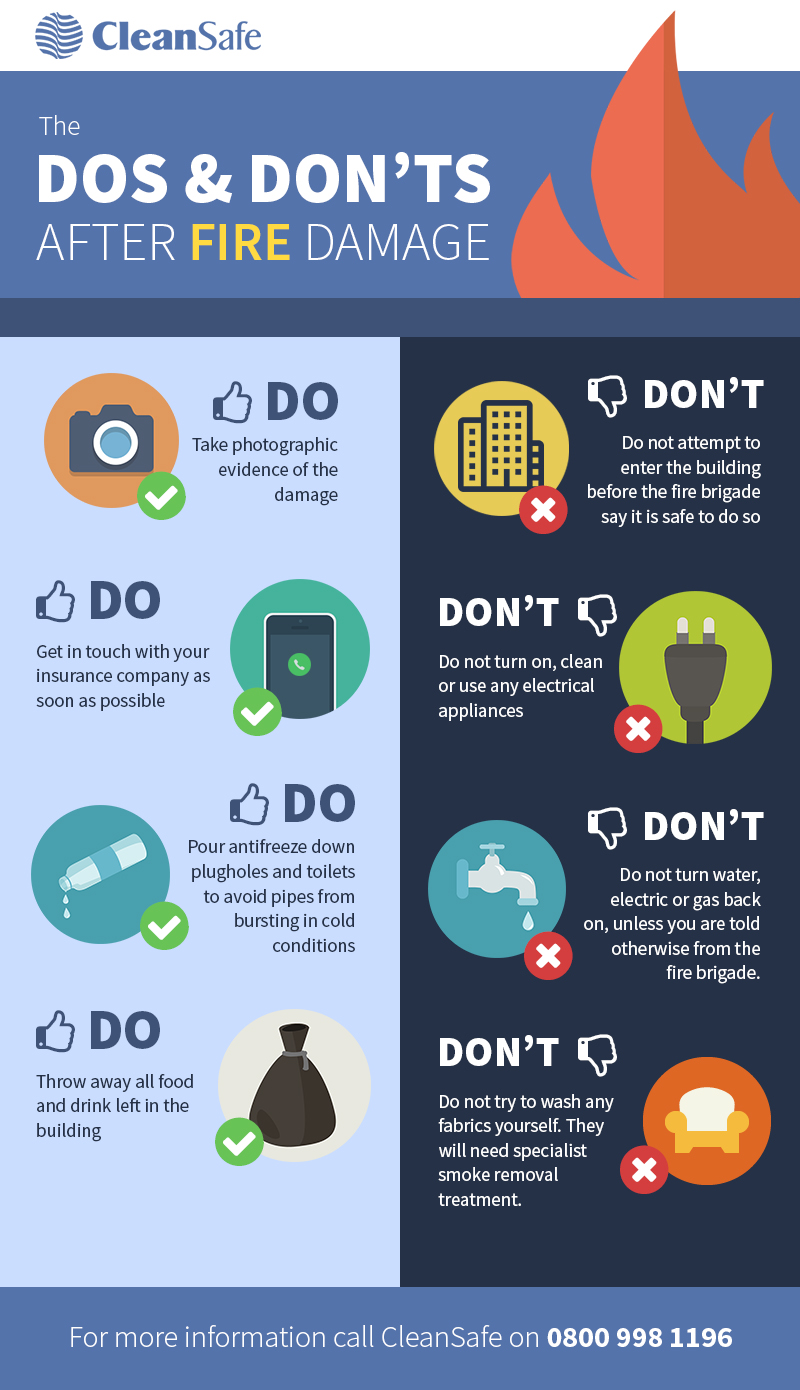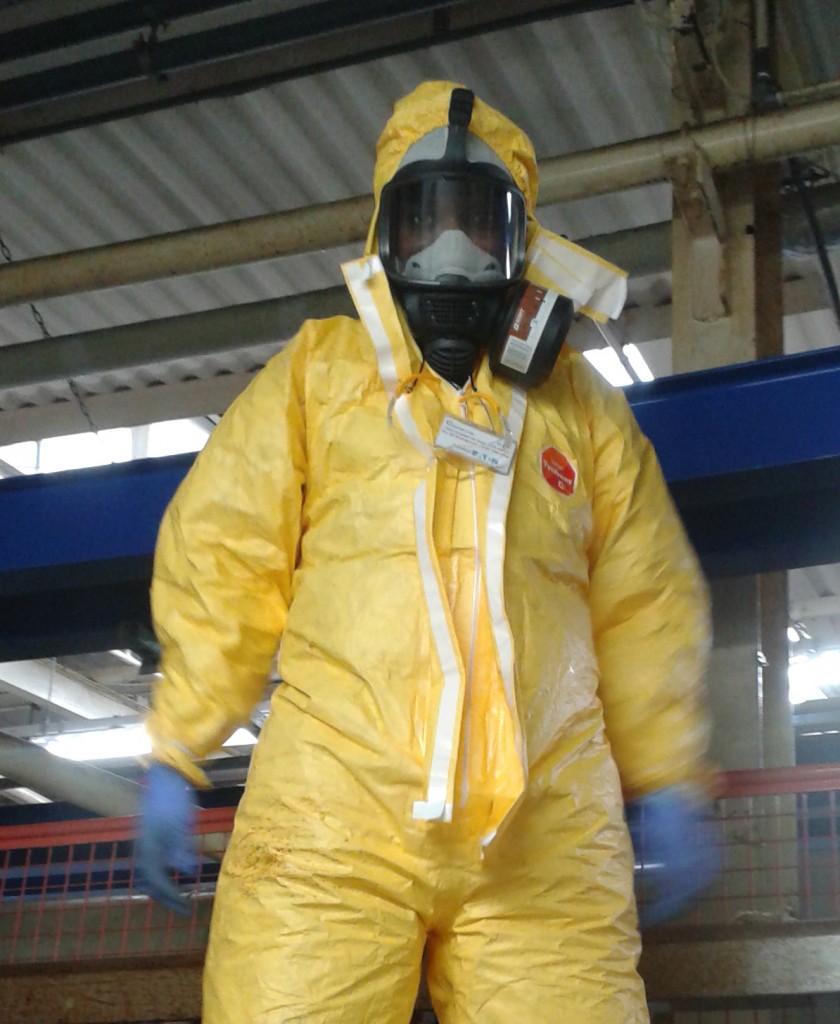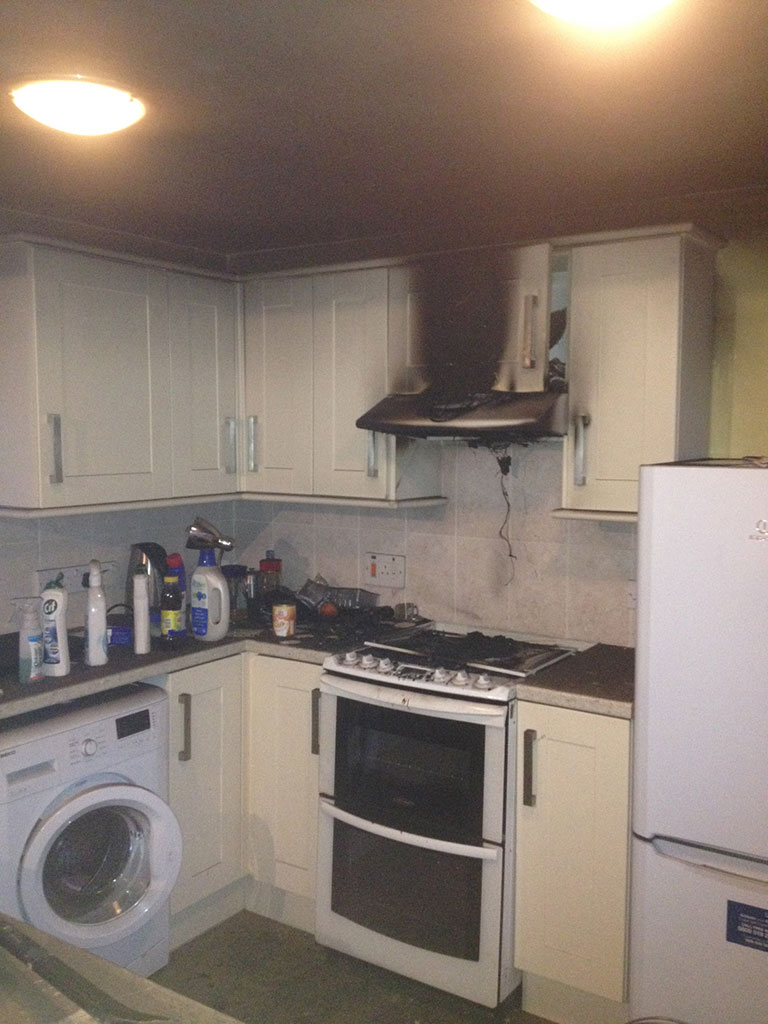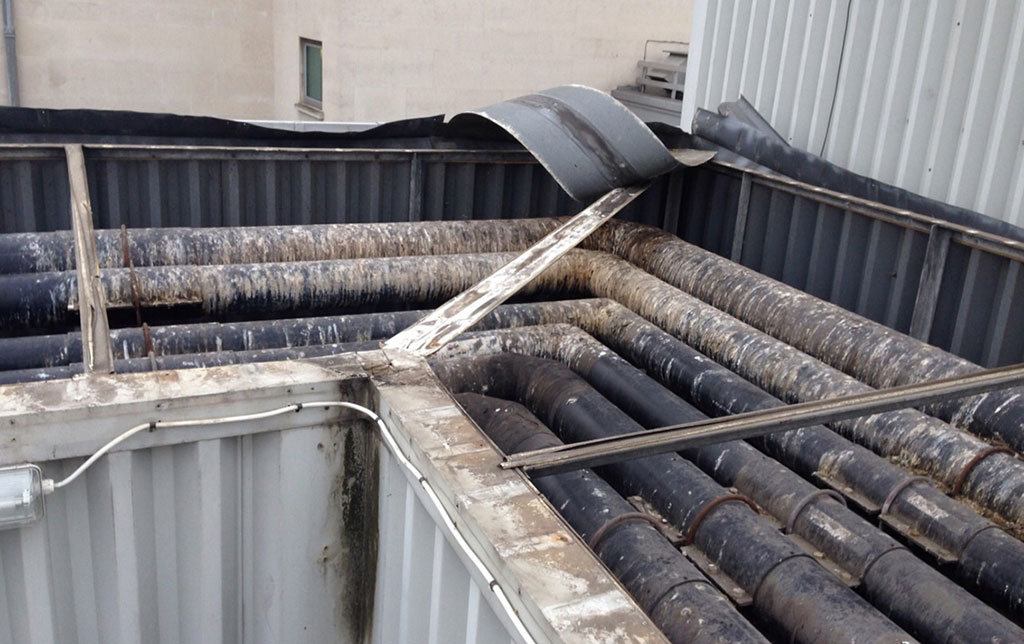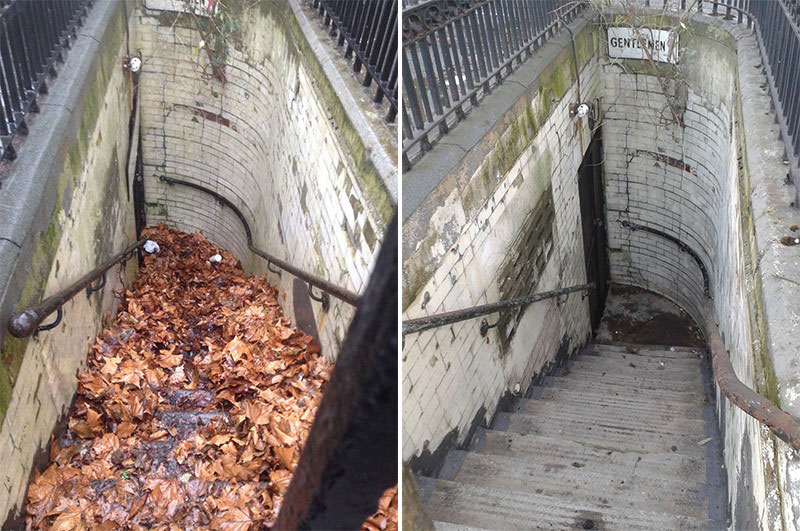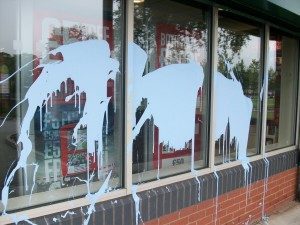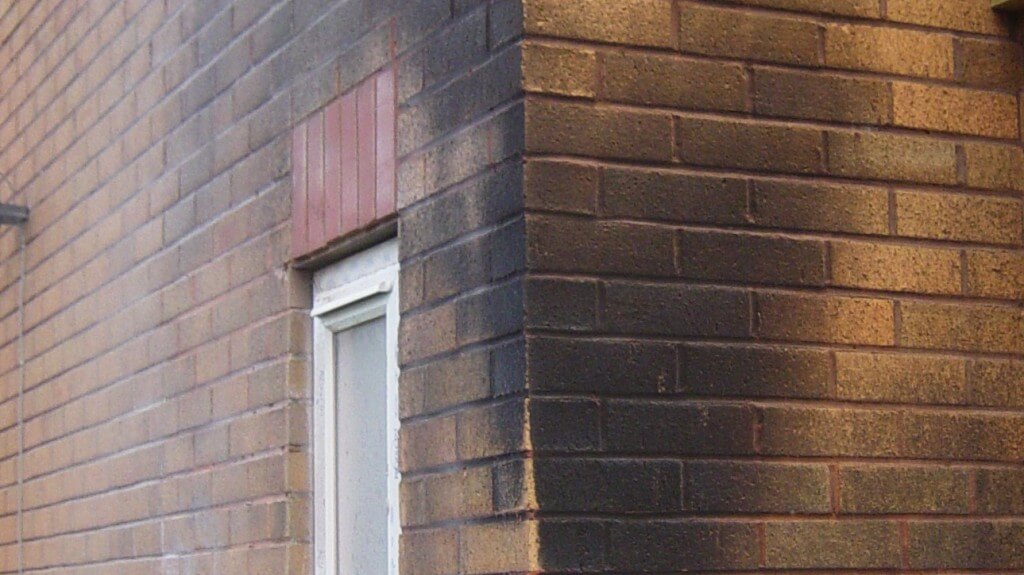Fire in the workplace accounts for tens of thousands of non-residential fires in the UK every year. These incidents can easily lead to injury or even death, and many fires could have been avoided by caution and more in-depth safety procedures.
Take a look at some of the most common causes of fire in the workplace and see if there are any steps that you can take to keep yourself, your colleagues and your premises safe.
Faulty electrical equipment
Electrical fires caused by faulty equipment are the most common type of workplace fire.
Visually examine appliances for fraying wires or broken casing, and make sure to get them regularly checked by a qualified PAT electrician. If an item frequently blows fuses or trips circuit breakers, this could be a sign that it is faulty and needs replacing. Make sure not to overload sockets.
Smoking
Improperly extinguished or discarded cigarettes can quickly lead to a fire, especially in factories or other facilities that use flammable substances.
Ensure that there is a designated smoking area situated well away from any flammable or combustible substances such as fuel, paint and cardboard. Provide a specific bin for cigarette butts to prevent other waste from being set alight. Make sure that cigarettes are fully stubbed out before discarding. Where applicable, educate all workers on the importance of protecting their hands and clothes from flammable substances.
Clutter
Many workplaces accumulate large amount of packaging, cardboard or other clutter, which may end up piled in a corner.
A spark from machinery, discarded cigarette or electrical fault in a cluttered area can easily lead to a serious fire, as flammable items are packed together, helping the fire to spread. Any excess waste or unnecessary items should be regularly removed to prevent this. Cluttered spaces can also block fire exits, which could lead to injury or death in the event of a fire.
Improper cleaning
No matter what type of company you work for, lack of regular or thorough enough cleaning can cause a fire.
Buildup of dust or dirt on equipment such as computers or factory machinery can lead to overheating, which may cause a fire. Spills of grease, fuel or other flammable substances must be thoroughly cleaned immediately to prevent them from being set alight. Regular inspections and cleaning protocols should be put in place to prevent the buildup of potentially dangerous substances.
Human error and negligence
Human error comes in all shapes and sizes and can easily cause a fire in the workplace, even in an office setting. While humans occasionally make mistakes, negligence occurs when somebody acts in a knowingly dangerous way.
Make sure that all staff are fully trained in relevant safety, handling and cleaning procedures, and repeat this training regularly to prevent complacency. Instruct all staff in the importance of using equipment properly, whether that’s keeping oily rags away from hot machinery, or not leaving the microwave unattended while in use. Ensure that all faulty equipment is reported immediately and repaired or replaced in a timely manner.
Arson
Unfortunately, arson accounts for a large number of commercial fires, and can be devastating for a company. It’s not always clear why an arsonist has chosen a particular location, so you could be the victim of an arson attack unexpectedly.
Arson prevention methods include deterrents such as CCTV, motion-activated lights and security patrols. You should also install water sprinklers to prevent extensive damage should someone start a fire while the premises are unoccupied.
Commercial fire damage cleaning
If your business has suffered fire damage from any cause, get in touch with CleanSafe. We’re experts in fire damage cleaning in commercial properties. Take a look at one of our commercial fire cleaning case studies to find out why.


